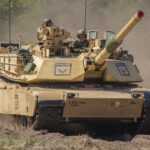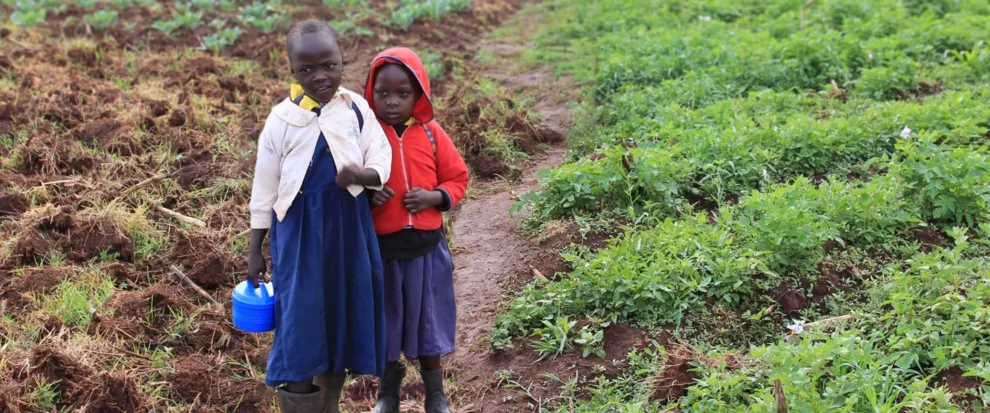The World Bank’s inaugural Poverty Assessment report for the Central African Republic (CAR) underscores the pivotal role agriculture plays in revitalizing the country’s economy, addressing widespread poverty, and enhancing food security. Released today, the report reveals that a staggering 65.7% of the population lives in extreme poverty, with more than half unable to afford sufficient food.
Given that 70% of the country’s working-age population relies on agriculture, the report emphasizes that strengthening this sector offers a direct pathway to improving livelihoods. CAR has long grappled with conflict, political instability, and sluggish economic growth, resulting in one of the highest poverty rates globally.
“The urgency of stimulating economic growth and lifting Central Africans out of poverty cannot be stressed enough. Revitalizing agriculture, with broader support measures to provide social safety nets for the most vulnerable, develop human capital, and stimulate private sector development will be essential,” remarked Ousmane Diagana, World Bank Vice President for Western and Central Africa.
The report highlights key challenges facing the agriculture sector, including low productivity due to limited access to essential inputs such as fertilizers, irrigation, and equipment. Additionally, inadequate infrastructure, particularly unpaved roads, hampers market accessibility for farmers, contributing to the overall vulnerability of agricultural activities, especially in the face of climate-related shocks.
To address these challenges, the report outlines a roadmap for poverty reduction in CAR, emphasizing the need for urgent and long-term initiatives. Key recommendations include:
1. Safety Nets: The report calls for the expansion of social safety nets to alleviate extreme deprivation and shield vulnerable populations from shocks. Currently, only 1% of Central Africans receive government cash transfers, and 14.3% benefit from food support.
2. Human Capital: Investing in education, health, and sanitation is crucial to building human capital and reducing poverty in the long term. The report notes that many Central Africans, particularly in remote areas, face significant barriers to accessing education.
3. Infrastructure and Trade: Upgrading infrastructure, particularly roads and electricity, is vital for improving market access and enhancing trade. Approximately 1 in 10 Central Africans must walk more than an hour to reach a primary, secondary, or tertiary road.
4. Peace and Security: Recognizing the impact of conflict on poverty, the report underscores the importance of policies that promote peace and security, taking into account the challenges posed by displacement and conflict.
The Poverty Assessment draws on unprecedented microdata primarily from the 2021 Survey of Harmonized Data on Households Living Conditions, the first of its kind in CAR in over a decade. Collaboratively conducted with the Central African Institute of Statistics, Economic and Social Studies, and the United Nations High Commissioner for Refugees, the survey provides comprehensive insights into socioeconomic indicators, including those affecting the internally displaced population.
Luis Felipe López-Calva, World Bank Global Director for the Poverty and Equity Global Practice, emphasized the role of continued data collection in designing and implementing targeted policies to improve the quality of life for the people of CAR. The report marks a significant step in guiding comprehensive strategies to alleviate poverty, foster economic growth, and enhance resilience in the Central African Republic.
Source: Today News Africa











